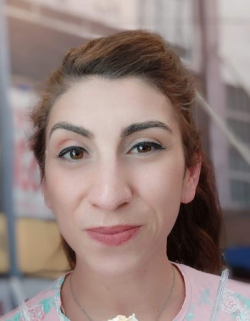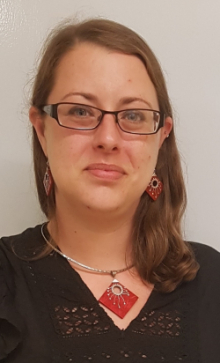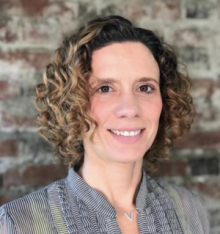Congratulations to three members of staff who have been awarded research fellowships thanks to funding from Royal Brompton and Harefield Hospitals Charity.
The Charity-funded research fellowship competition, now in its third year, funds non-medical health professionals to undertake up to 12 months of research in order to develop their research skills, produce data and apply for further funding.
The successful candidates were selected by a panel of clinical experts and lay advisors who looked at several factors, including patient benefit, scientific advancement and training plans.
The projects selected this year include research into scleroderma, foetal cardiology and COVID-19.
Richard Bowyer, the Charity’s chief executive, and part of the judging panel for the competition, said:
“The Charity is very pleased to support the vital research that Royal Brompton and Harefield hospitals do and is delighted to fund these three new projects. This research informs the treatments of the future and helps maintain the status of the two hospitals as a world leading cardiology and respiratory centre.”
Read more about the three successful candidates below.
Andreia Pinto, research associate
 Andreia’s project will be looking at SARS-CoV-2, the virus responsible for the COVID-19 pandemic. Her research aims to better understand how the virus infects cells, and to assess the types of cells infected. This will allow for a better understanding of the mechanisms of entry and replication of the virus, which is essential when it comes to developing new therapeutic interventions.
Andreia’s project will be looking at SARS-CoV-2, the virus responsible for the COVID-19 pandemic. Her research aims to better understand how the virus infects cells, and to assess the types of cells infected. This will allow for a better understanding of the mechanisms of entry and replication of the virus, which is essential when it comes to developing new therapeutic interventions.
On receiving the award Andreia said;
“The Charity-funded fellowship is considered highly reputable, and I feel truly honoured to receive this funding. With the resources we have available at our hospitals it will be possible to take our SARS-CoV-2 research to the next level, investigating how the virus interacts with the patient airways and also make use of Artificial Intelligence (AI) as a powerful tool in the identification of viral particles.”
After the Fellowship Andreia hopes to continue with her research work and take the study further.
Dr Carmel Stock, postdoctoral research associate
 Dr Stock’s research will be looking at potential biomarkers to help predict the likelihood of patients with Scleroderma (SSc) going on to develop interstitial lung disease (ILD) or lung fibrosis (stiffening of the lungs by scar tissue).
Dr Stock’s research will be looking at potential biomarkers to help predict the likelihood of patients with Scleroderma (SSc) going on to develop interstitial lung disease (ILD) or lung fibrosis (stiffening of the lungs by scar tissue).
Currently, at least a third of patients with SSc will have increasing ILD or lung fibrosis, worsening breathlessness leading to premature death.
Finding biomarkers linked to SSc-ILD progression will allow clinicians to give improved information to patients about how their disease is likely to develop, provide earlier treatment to patients who will go on to develop severe lung disease, and help them to live longer and with milder symptoms.
Dr Stock said she was “absolutely delighted and honoured” to be awarded the fellowship.
“I am really excited about the prospects of this project and am really looking forward to starting work on it”
Dr Stock hopes to further develop her career as a long-term researcher into SSc-ILD and to move towards becoming an independent researcher. There are a number of future research projects she wishes to investigate, many of which will lead on from this project on autoantibodies.
Karina Lopes, research sonographer
 Karina’s research aims to address the lack of normal data on the aortic arch shape in foetal life.
Karina’s research aims to address the lack of normal data on the aortic arch shape in foetal life.
Diseased aorta, known as aortopathy, is a relatively common disease in adulthood that can lead to a life-threatening condition known as aortic rupture.
Karina’s project will help identify what a healthy aorta looks like in foetuses. This will allow for aortopathies to be identified before a baby is born, ensuring they benefit from preventive care and treatment from the very beginning of their lives.
Karina said; “I am honoured to have been awarded the RBHH Charity fellowship and truly grateful for the opportunity it will provide me to carry out this project.”
After the fellowship Karina intends to continue studying aortopathies in foetuses.
To find out more about the funding opportunities or join our research mailing list, please contact us.
